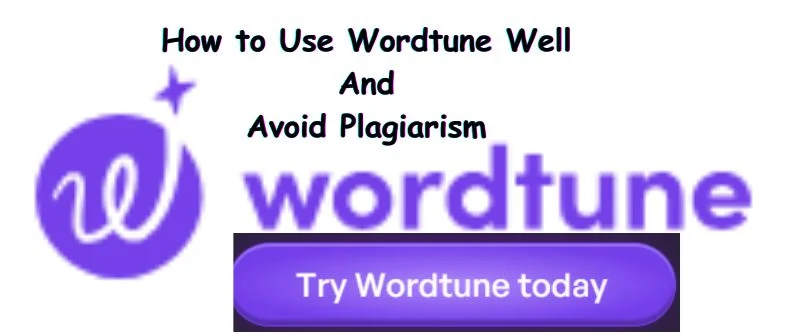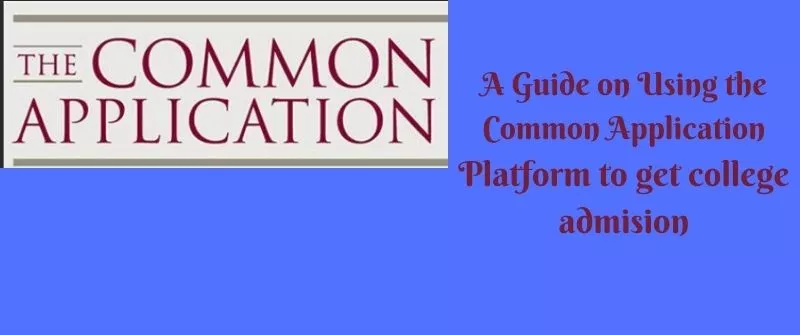Does Brainly Notify Your School or Snitch on Students?
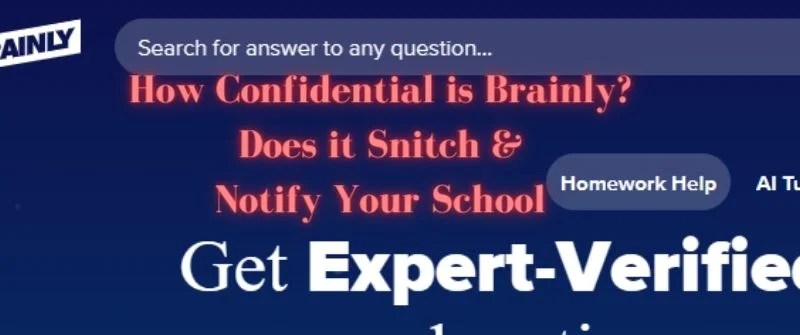
In the ever-evolving landscape of online education and homework assistance, privacy and academic integrity concerns naturally arise.
One such platform that has gained popularity among students is Brainly, a platform for collaborative learning.
However, questions linger about whether using Brainly can lead to repercussions such as school notifications or consequences for students seeking academic help.
In this post, I will delve into the policies and practices of Brainly to shed light on this critical issue and provide clarity for students, parents, and educators.
Does Brainly Notify your School?
Brainly is an online platform designed to facilitate collaborative learning and provide academic assistance to students.
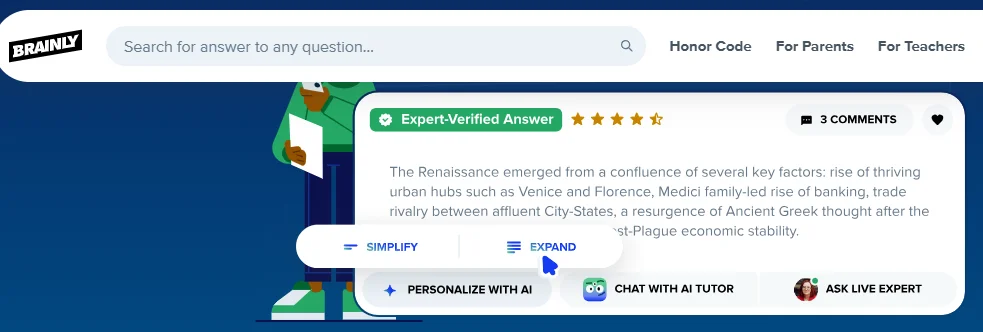
Brainly needs to notify your school.
While it encourages students to seek help and share knowledge with others, it does not have mechanisms to notify schools or educational institutions about individual student activities on the platform.
Brainly places a strong emphasis on user privacy and confidentiality.
Therefore, students can use Brainly to ask questions, seek answers, and engage in academic discussions without the concern of school notifications or repercussions from their educational institutions.
How Brainly Prevents Cheating
Advising Integrity
Brainly prevents cheating by advocating for academic integrity and fostering a collaborative learning environment.
The platform encourages users to provide explanations and insights when answering questions, promoting understanding rather than simple copying.
It also has a system for reporting inappropriate or dishonest content. Additionally, Brainly’s community of moderators monitors user interactions and content to ensure compliance with guidelines.
Brainly discourages cheating and promotes responsible academic engagement among students, emphasizing learning and knowledge sharing.
Giving correct answers
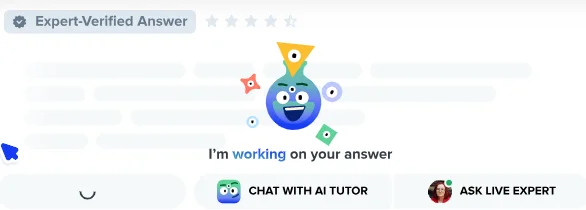
Brainly prevents cheating by not providing direct, verbatim answers.
While users can seek help and guidance on the platform, Brainly’s community guidelines discourage sharing complete, ready-made solutions.
Instead, the platform encourages users to explain concepts and provide insights, promoting a deeper understanding of the subject matter.
Mostly, this approach requires students to refrain from using Brainly as a shortcut for obtaining correct answers.
It encourages them to actively engage in learning actively, thereby preventing cheating and fostering genuine learning experiences.
Terms Page
Brainly has specific terms and guidelines in place to prevent cheating. Its Terms of Use explicitly prohibit academic dishonesty, including the sharing of verbatim answers or engaging in cheating activities.
Users are encouraged to report any inappropriate content. Furthermore, the platform’s community of moderators actively enforces these guidelines to maintain a fair and educational environment.
Through outlining its expectations and taking action against cheating, Brainly aims to ensure that the platform is used for legitimate learning and assistance rather than academic dishonesty.
How to use Brainly Well to Learn
1. Revision
To use Brainly effectively for learning, consider it a tool for revision and clarification. Post specific questions you’re struggling with, seeking explanations rather than direct answers.
Engage in discussions, ask follow-up questions, and explore different perspectives. You can gain a deeper understanding of the subject matter by participating in the learning process.
Remember, Brainly is most beneficial when used to supplement your efforts, promoting collaborative learning and knowledge sharing.
2. To study topics
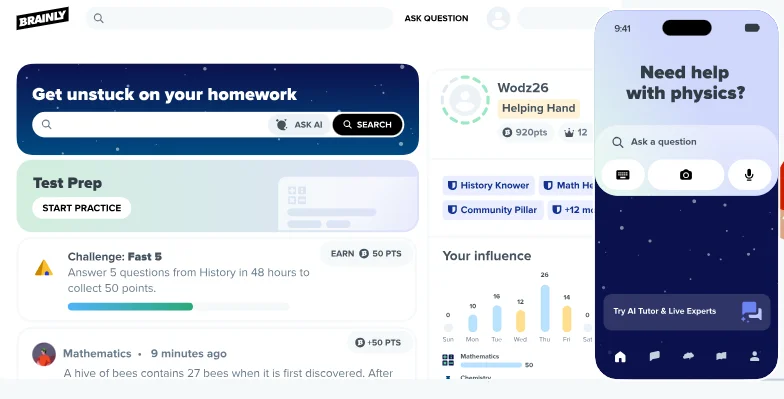
Begin by searching for questions or topics related to your study material to use Brainly effectively for learning and studying specific subjects.
Take advantage of the explanations provided by the community to reinforce your understanding of challenging concepts.
Additionally, consider actively participating by answering questions within your expertise.
Brainly can serve as a valuable resource for clarifying doubts, gaining insights, and exploring various perspectives, all of which contribute to a more comprehensive grasp of your chosen subjects.
2. To check the Formula
Using Brainly to verify formulas is an intelligent approach to learning. When you encounter a recipe you need clarification on, post it as a question on Brainly.
The community can provide explanations and confirm whether the formula is correct. Additionally, you can explore related questions and discussions to gain further insights into the formula’s application and variations.
Brainly is a collaborative platform to help you confirm and understand formulas effectively.
3. Ask Specific Questions
Asking specific questions on Brainly is essential for receiving accurate and relevant responses. When formulating your questions, provide all the necessary context and details related to the problem or topic you need assistance with.
Primarily, this ensures that those who offer answers can better understand your query and provide meaningful explanations or solutions.
Avoid vague or broad inquiries, which may lead to less helpful responses. Specific questions streamline the learning process and showcase your dedication to understanding the subject matter thoroughly.
4. Engage Actively
Active engagement is a crucial principle when using Brainly for learning. Rather than passively seeking answers, actively participate in discussions and interactions.
When you receive an answer, ask follow-up questions to delve deeper into the topic. Encourage further explanation or clarification if needed.
Additionally, consider contributing by providing answers and explanations to others’ questions within your expertise.
Active engagement helps you gain a better understanding and enriches the learning experience for the entire Brainly community.
It fosters collaboration, critical thinking, and a comprehensive grasp of various subjects and concepts.
5. Seek Clarification, Not Just Answers
When using Brainly for learning, seeking clarification rather than just seeking direct answers is beneficial. Instead of asking for the solution alone, request explanations and insights into the reasoning behind the answer.
Mainly, this approach promotes a deeper understanding of the subject matter; by delving into a solution’s “why” and “how,” you improve your knowledge and critical thinking skills.
Seeking clarification encourages a more engaging and interactive learning experience on the platform, allowing you to grasp complex concepts more effectively.
6. Use Brainly as a Supplement
Utilizing Brainly as a supplement to your primary learning resources is prudent. While Brainly offers valuable insights and assistance, it’s not a replacement for textbooks, classroom instruction, or other authoritative sources.
Instead, consider it a complementary tool to clarify doubts, seek additional explanations, or explore different perspectives.
Incorporate Brainly into your learning process to enhance your understanding but maintain a balanced approach.
Relying solely on online platforms may not provide the comprehensive knowledge and depth that traditional learning materials and instruction offer. Use Brainly wisely as part of your overall learning strategy.
Other Websites Similar to Brainly
Chegg Study
Chegg Study is a popular online platform that offers students a wide range of academic resources and study tools.
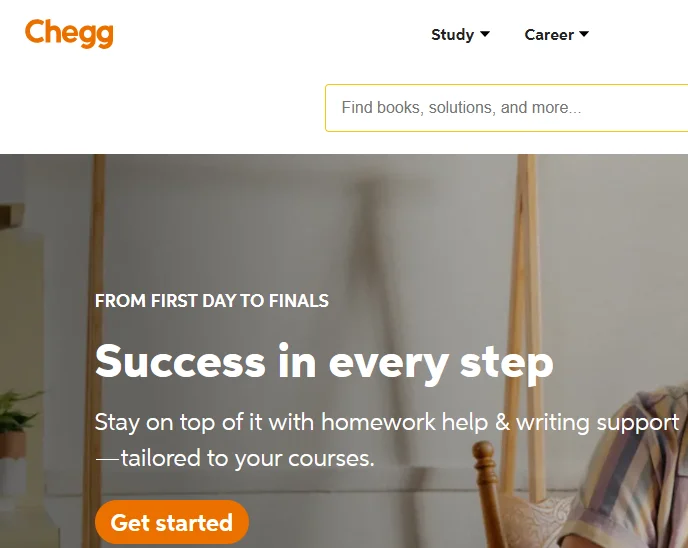
One of its standout features is the access to step-by-step solutions to textbook problems, which can be immensely helpful for homework and assignments.
Chegg Study also provides expert Q&A sessions where students can get answers to their academic questions from subject matter experts.
Additionally, the platform offers video lessons and tutorials covering various subjects, making it a comprehensive resource for learning and academic assistance.
Chegg Study can be an invaluable companion for students seeking to excel.
Khan Academy
Khan Academy is a renowned and widely respected online learning platform that provides free educational content to learners of all ages.
It offers diverse video lessons, practice exercises, and tutorials covering mathematics, science, history, economics, and more.
Khan Academy’s approach focuses on personalized learning, allowing students to progress at their own pace.
It is a valuable resource for individuals seeking to strengthen their foundational knowledge or explore advanced topics.
With its user-friendly interface and commitment to quality education, Khan Academy is a go-to platform for self-directed learners and those looking to supplement their classroom education.
Coursera
Coursera is a widely recognized online learning platform that offers many courses and specializations from top universities and institutions worldwide.
It allows learners to access high-quality educational content, including lectures, assignments, and quizzes, often free of charge.
While Coursera offers paid certificates and degrees, many courses can be audited for free. This makes it an accessible resource for individuals seeking to acquire new skills, explore academic subjects, or advance their careers.
Coursera’s user-friendly interface, peer-reviewed assignments, and the flexibility to learn at one’s own pace have made it a popular choice for online education.

Josh Jasen or JJ as we fondly call him, is a senior academic editor at Grade Bees in charge of the writing department. When not managing complex essays and academic writing tasks, Josh is busy advising students on how to pass assignments. In his spare time, he loves playing football or walking with his dog around the park.



